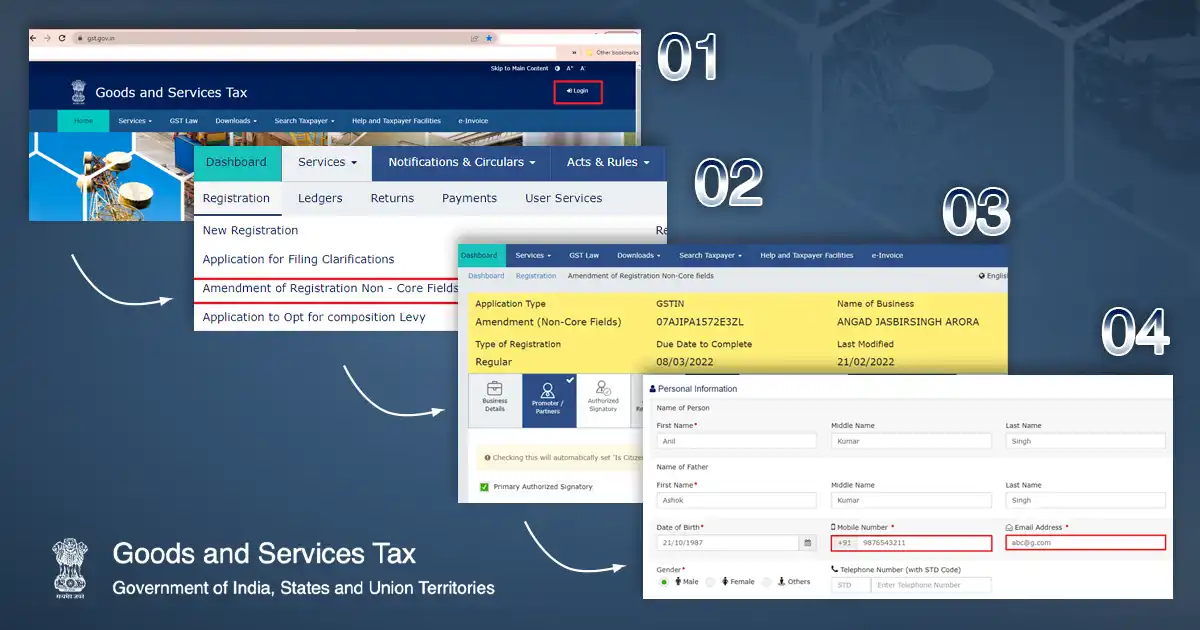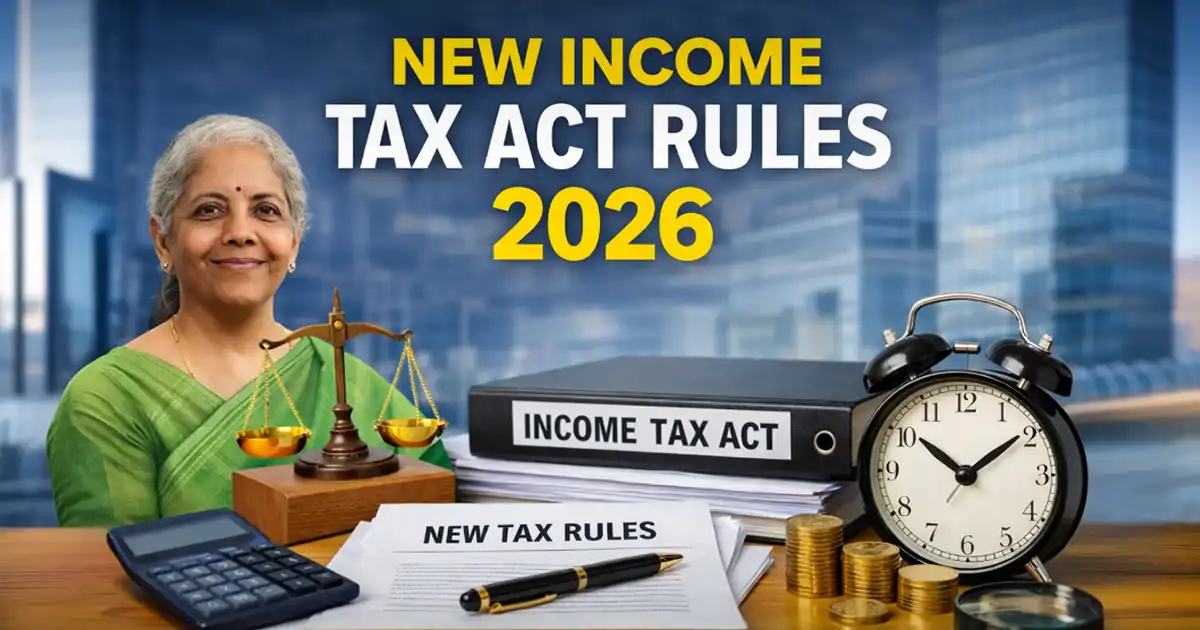
Introduction
India’s economic landscape is evolving rapidly, with the government implementing measures to enhance transparency and curb illicit financial activities. A pivotal regulation in this effort is Section 269ST of the Income Tax Act. This provision governs cash transaction limits, ensuring accountability while promoting digital payments. This blog delves into the intricacies of Section 269ST, offering a detailed analysis backed by the latest data and research. Whether you are an individual or a business, understanding this section is crucial for compliance and avoiding hefty penalties.
Overview of Section 269ST of the Income Tax Act
Introduced through the Finance Act, 2017, Section 269ST took effect from April 1, 2017. It sets specific restrictions on high-value cash transactions to combat tax evasion and black money. The regulation applies universally to individuals, businesses, and professionals, mandating the use of transparent payment channels.
The introduction of this regulation was a strategic move, particularly in the wake of demonetization in November 2016, when high-denomination currency notes were invalidated. This step emphasized the government’s focus on curbing black money and fostering a formal economy.
Purpose and Importance of Section 269ST
The implementation of Section 269ST is underpinned by the following objectives:
- Reducing Tax Evasion: Limiting cash dealings ensures better tax compliance and reduces the prevalence of unreported income. According to a report by The Economic Survey of India 2023, tax collections saw a 15% increase post the implementation of stringent cash transaction rules.
- Encouraging Digital Payments: The regulation aligns with India’s vision of a Digital India, promoting payment methods like UPI, NEFT, and credit cards. India’s digital payment transactions crossed ₹1,800 lakh crore in FY2023, a clear indication of the shift towards cashless modes.
- Enhancing Financial Transparency: By mandating non-cash transactions, the government aims to track the flow of money and curb illicit activities. Transparency not only boosts economic confidence but also attracts foreign investments.
- Supporting GDP Growth: Reduced tax evasion and increased digital transactions contribute to a formalized economy, boosting the nation’s GDP.
Cash Transaction Limits Defined Under Section 269ST
As per Section 269ST, accepting cash payments exceeding ₹2,00,000 is prohibited in the following cases:
- Per Person Per Day: A recipient cannot accept more than ₹2,00,000 in cash from a single person on a single day.
- Single Transaction: Cash payments exceeding ₹2,00,000 for a single transaction are disallowed.
- Single Event or Occasion: If multiple payments exceeding ₹2,00,000 pertain to a single event, they collectively violate the rule.
Key Numbers to Note:
- The Reserve Bank of India (RBI) reports that cash still accounts for 85% of total transactions in India as of 2024, underscoring the need for these restrictions.
- A study by NPCI (2023) shows a 120% increase in UPI transactions, reflecting the shift towards digital payments.
- India’s tax-to-GDP ratio improved from 10.6% in FY2017 to 11.7% in FY2023, partly due to such regulatory measures.
Applicability of Section 269ST to Individuals and Businesses
The scope of Section 269ST includes:
- Individuals: Applies to all individuals receiving cash payments above the specified limit. Whether it is for personal purposes, professional fees, or sale proceeds, the rules must be adhered to.
- Businesses and Professionals: Whether you are a doctor, retailer, or event manager, the regulation applies to transactions related to goods, services, or any other professional dealings. For example, a jeweler selling an ornament worth ₹3,00,000 in cash would be in violation of this section.
Additionally, businesses dealing in large volumes of cash—such as retail, real estate, and healthcare—are particularly impacted by this rule. By encouraging digital payments, the regulation promotes fair competition and ensures a level playing field.
Exemptions and Exceptions to Section 269ST
Certain entities and transactions are exempt from the purview of Section 269ST. These include:
- Government Transactions: Payments made to or by the Central or State Government are excluded. This ensures the smooth functioning of public administration.
- Banking Channels: Transactions conducted through banks, cooperative banks, and post offices are exempt. This exemption supports financial inclusion, particularly in rural areas where banking services are critical.
- Specific Notified Entities: Certain entities notified by the government are exempt, such as charitable institutions.
- International Transactions: Cash transactions involving foreign entities are not covered. This facilitates global trade and investment activities.
Example:
A farmer receiving payments in cash under schemes notified by the government is exempt from Section 269ST. Similarly, bank withdrawals exceeding the limit are not considered a violation.
Penalties for Violating Section 269ST
The penalties for non-compliance are stringent. As per Section 271DA, the recipient of the cash is liable to pay a penalty equal to the amount received in contravention. For instance:
- If a jeweler accepts ₹3,00,000 in cash for a single transaction, the penalty will be ₹3,00,000.
Exceptions:
- No penalty is levied if the recipient can prove that there were genuine and unavoidable circumstances necessitating the cash transaction. However, the burden of proof lies on the recipient.
Practical Scenarios and Examples of Cash Transaction Limits
Scenario 1: Real Estate Transactions
A buyer pays ₹2,50,000 in cash to a property seller. This violates Section 269ST, leading to a penalty of ₹2,50,000 on the seller.
Scenario 2: Wedding Expenditures
An event planner receives cash payments totaling ₹3,00,000 for organizing a wedding. This contravenes the rules, as it pertains to a single event.
Scenario 3: Professional Services
A doctor accepts ₹2,25,000 in cash for a medical procedure, violating the transaction limit.
Scenario 4: Retail Business
A retailer sells electronics worth ₹2,10,000 to a single customer in cash. This transaction breaches Section 269ST, and the retailer becomes liable for penalties.
How to Ensure Compliance With Section 269ST
- Adopt Digital Payments: Use UPI, NEFT, RTGS, or credit/debit cards for transactions.
According to the RBI’s 2023 report, digital payment adoption has increased by 94% over the last five years.
- Maintain Proper Documentation: Record all transactions accurately for audit purposes.
- Educate Clients and Employees: Inform stakeholders about the importance of complying with Section 269ST.
- Seek Professional Assistance: Platforms like RegisterKaro provide expert guidance to ensure compliance.
Role of RegisterKaro in Compliance
RegisterKaro simplifies compliance for businesses and professionals by:
- Offering expert advice on adhering to Section 269ST.
- Assisting in transitioning to digital payment systems.
- Providing tools for accurate record-keeping.
- Keeping clients updated on changes in tax laws and regulations.
For more information, visit RegisterKaro.in.
Conclusion
Section 269ST plays a critical role in fostering financial transparency and reducing tax evasion in India. By understanding and adhering to its provisions, individuals and businesses can avoid severe penalties and contribute to a formalized, cashless economy. With expert support from platforms like RegisterKaro.in, ensuring compliance has never been easier. Together, we can build a robust and accountable economic system.



